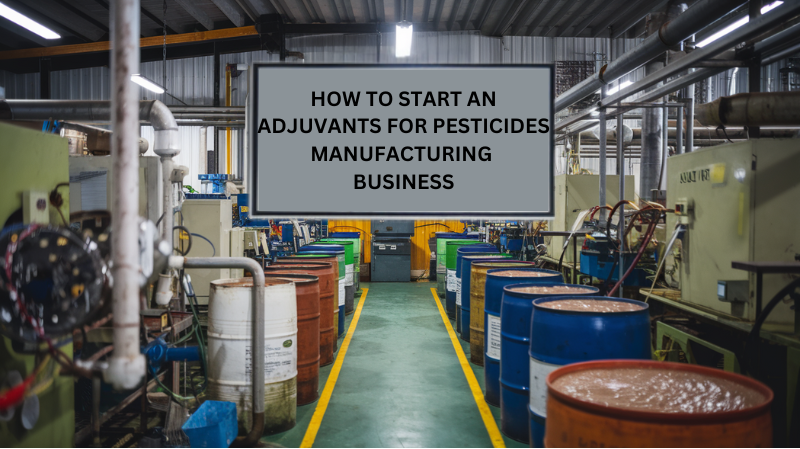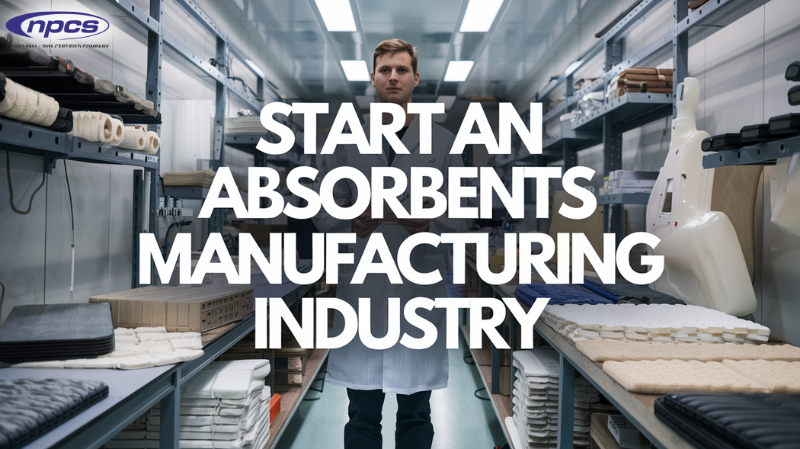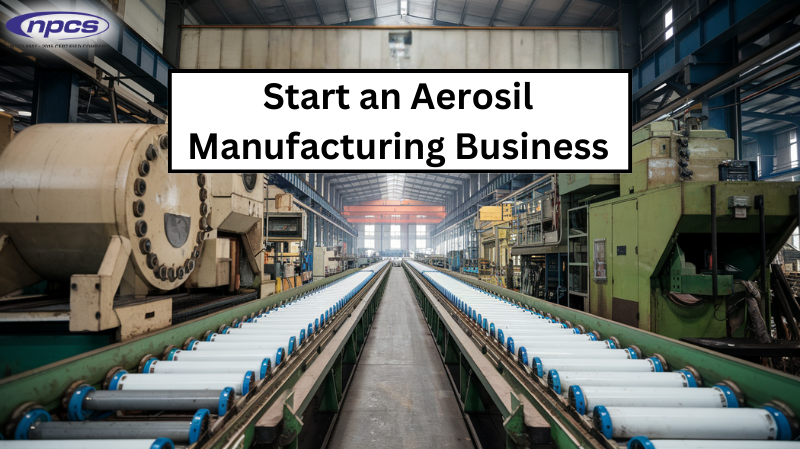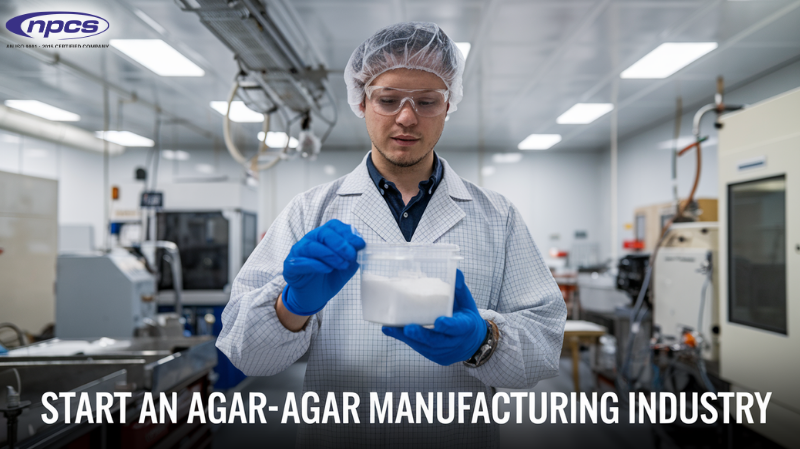Adjuvants for pesticides are undoubtedly of great importance due to their ability to boost the performance of agrochemicals, thus assisting the agricultural industry in increasing food crop production. Adjuvants serve to alter some properties of the pesticides such as their solubility, the spreading and the absorption of the pesticide which makes them an important insert in e modern farming. As a result of the growing agriculture market across the globe together with the need for effective crop protection measures, it is also very possible to establish an adjuvants’ business and be able to make profits. This article gives a detailed consideration of the key processes required in starting your adjuvants manufacturing business, starting from product commercialization, through the whole manufacturing process, and finally making the business successful.
What Are Adjuvants for Pesticides?
Adjuvants are additives mixed with pesticides aimed at meeting the desired objective by modifying their physical properties or enhancing the chemical efficacy. These compounds assist in penetration, dispersion, and spreading or sticking of the pesticide on the surfaces of plants. Adjuvants may be available in several forms including surfactants, oils, buffers and wetting agents.
Why Start an Adjuvants for Pesticides Manufacturing Business?
Manufacturing pesticides adjuvants is also associated with several advantages:
- Increasing market needs: The market trends around the world is ‘go green’ thus there is a need for better and more efficient applications for pesticides. In this respect adjuvants are critical while encouraging the reduction in the volume of pesticides applied without or even enhancing their effectiveness.
- Growth of the Agrochemical Industry: The agriculture sector still expands, especially out of the need to cater to an ever-increasing global population. To enhance crop production, changing paradigms become paramount to agricultural producers and the manufacturers of agrochemicals.
- Eco-friendly Products: Nowadays, when customers are more concerned about environmental protection, development of pesticide adjuvants with low adverse effects on the environment becomes feasible to manufacture green products.
- Multipurpose Use: Adjuvants are not restricted to one class of the pesticide. They may be incorporated as well in herbicides, fungicides, and insecticides thus broadening the horizons of market applications.
Join Us :npcsblog.com
Benefits of Starting an Adjuvants for Pesticides Business
- Rising Demand: So, the increase in agricultural activities facilitates the increase in demand of the adjuvants. The increase in agrochemical production guarantees a market with many consumers for adjuvants.
- Adaptability: Manufacturers can produce adjuvants for various pesticide categories or crops, offering regional specificity and adapting to different requirements in the agriculture sector.
- Global Reach: The agriculture business is a worldwide one and so are the adjuvants, and therefore there are chances for exporters in this business.
- Flexibility in Production Levels: Depending on starting capital and the current marketplace, it is possible to launch off production at the back end in a centralized way and grow as the demand increases.
Top Applications of Adjuvants for Pesticides
- Herbicides: adjuvants enhance the activity of these pesticides by assisting them in covering larger areas and penetrating deeper into the target surfaces within the plants.
- Insecticides: adjuvants can enhance the performance of insecticides by providing improved coverage and adhesion to the target plants or crops.
- Fungicides: adjuvants assist in the even application of fungicides on the leaves and other surfaces of plants, thus enhancing their efficacy in protection.
- Fertilizers: An extra benefit for farmers, certain adjuvants can also be used with fertilizers to increase the absorption of nutrients.
Production Methods
The steps involved in the preparation of adjuvants to pesticides such as penetration aids are as follows:
- Raw Material Procurement: The first step is obtaining raw materials such as surfactants, oils, solvents, emulsifiers, and polymers. These materials are critical in determining the properties of the final adjuvant product.
- Blending and Mixing: The manufacturing process typically involves blending raw materials in reactors or mixers. The composition depends on the type of adjuvant being produced (e.g., wetting agents, oils, spreaders).
- Testing and Quality Control: After blending, samples are tested for quality to ensure they meet specific performance standards. Parameters such as stability, viscosity, and effectiveness must be closely monitored.
- Packaging and Storage: Once the product passes quality tests, it is packaged in containers appropriate for safe storage and transportation. Proper labeling and handling are crucial due to the chemical nature of adjuvants.
Related Books: The Complete Technology Book on Chemical Industries
Essential Machinery for Adjuvants Manufacturing
Starting an adjuvant making company necessitates the purchase of specialized machines in order to make the process fast and secure. This specialized machinery is inclusive of:
- Reactors and Mixers: These are used to mix the raw materials and produce a homogenous adjuvant mixture.
- Filtration Systems: These are very instrumental in returning the product back to the desired state by getting rid of all the unwanted particles left in the product.
- Quality Control Instruments: Accessories which obtain the measurement of several factors including, pH, stability and viscosity.
- Storage Tanks: Adequate tanks are required for in and out storage of raw materials and end products.
- Packaging Machines: This makes use of automated packaging systems so as to fill, seal and label the product accurately.
Starting Your Adjuvants for Pesticides Manufacturing Business
- Market Demand Exploration: Make an investigation of the request, concerning the offered adjuvants, within explored areas of interest especially w.r.t. sustainable and green agrochemicals. Aim at finding buyers like pesticide producers, farm unions, and corporate farms.
- Business Management Formulation: This business plan must particularly outline production methods, market assessment, bankable estimates, sale approaches, and workflow arrangements. This will be a crucial tool in the process of establishing the enterprise and in sourcing for investors or business partners.
- Entail Statutory Obligations: Manufacturing adjuvants entails use of potentially harmful substances therefore it is necessary to adhere to environmental and occupational safety standards. This includes acquiring the relevant licenses and approvals from the state and local bodies.
- Put in Place the Needed Facilities and Machinery: Construct or locate a suitable manufacturing plant competent in the blending, mixing and packaging of adjuvants. Make sure the factory has safety provisions such as appropriate exhaust systems, fire control appliances, and places for keeping chemicals.
- Procure Raw Materials: Look for long-lasting arrangements with trusted traders regarding the required inputs so that you can achieve constant supply at least cost.
- Install Quality Control Procedures: Adhere to the best principles at all levels, especially when you manufacture the product. Carry out quality inspections at each level of the production chain to ensure the adjuvants are up to standard and worth to the users.
- Marketing Strategy: Create a marketing strategy in order to advertise the company’s adjuvants to farmers, agricultural businesses and pesticide manufacturers. Attend relevant trade fairs and conferences, and create a website in order to promote the company and its products as well.
- Research and Development:
Enhance your competitive edge through R & D investment. Focus on continuous innovations and enhancements to your products in response to market needs, and develop greener alternatives.
Conclusion
There is a lot of room for expansion in the pesticide adjuvant manufacture industry. This firm is driven ahead by the growing demand for efficient agriculture methods. Establishing a strong production system and comprehending the market are essential. Development and enhancement of quality guarantee sustained corporate success. Using the strategies in this handbook puts you in a successful position. The expanding global demand for agricultural products boosts the adjuvants business. Prioritizing sustainability improves the company’s chances of long-term growth. For entrepreneurs who are interested in long-term success, this company is perfect.





